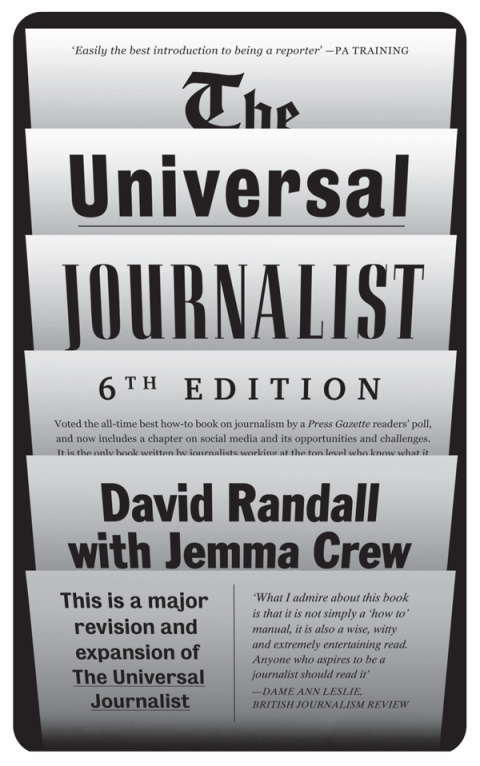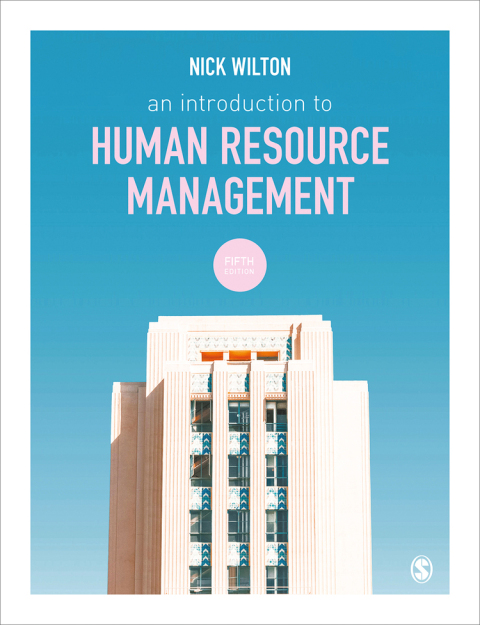Description
Efnisyfirlit
- Title
- Copyright
- Contents
- Acknowledgements
- Preface
- 1. Journalism in an Age of Social Media
- Journalism and social media: the reality
- Building your brand
- Twitter as a news source
- Social media and public opinion
- How to survive being trolled
- Coronavirus, misinformation and social media
- Thinking time
- Filter bubbles
- 2. What Makes a Good Reporter?
- Attitudes
- Character
- Panel: How to impress editors
- Getting the right start
- 3. The Limitations of Journalism
- Owners’ priorities
- The journalistic culture
- Readers’ values
- Panel: Crime reporting
- 4. What is News?
- What is news?
- News values
- News value factors
- A sliding scale for stories
- Beauty and news values
- Fake news
- A word about good news
- 5. Where Do Good Stories Come From?
- The habits of successful reporters
- Getting out and about
- News editors
- Non-obvious sources
- Other productive areas
- Stories that good reporters avoid
- Panel: Humanitarian crises
- 6. Research
- What you should be looking for
- Where to get it
- Researching online
- Printed sources
- Research as a foreign correspondent
- Panel: Researching a feature
- 7. Handling Sources, Not Them Handling You
- Guidelines for dealing with any source
- Official sources
- Handling unauthorised sources
- Unattributable sources ‘off the record’
- 8. Questioning
- How to approach people
- The most useful questions in journalism
- Questioning uneasy sources
- Questioning elusive, evasive and hostile sources
- Questioning by email
- Press conferences
- Big name interviews
- Panel: Interviews that challenge the subject’s image
- 9. Reporting Numbers and Statistics
- Questioning data
- The uses and abuses of statistics
- Averages
- Distribution
- Percentages
- Per head
- Surveys
- Opinion polls
- Correlation
- Projections
- Real versus apparent rise
- Probability
- Phoney science
- 10. Investigative Reporting
- What is investigative reporting?
- Productive areas to investigate
- Investigative reporting skills
- Computer literacy
- How to run investigative operations
- Going undercover
- 11. How to Cover Major Incidents
- Case history: Hurricane Katrina, 2005
- How to make sure your coverage of a disaster doesn’t turn into one
- Death tolls
- The death call
- Professionalism under pressure
- Panel: Disaster reporting from multiple sources
- 12. Mistakes, Corrections and Hoaxes
- Mistakes
- How should you respond to mistakes?
- Great newspaper hoaxes
- 13. Ethics
- General guidelines
- Grey areas
- Privacy
- Paying for information or an interview
- Panel: A little ethical dilemma
- 14. Writing News and Features
- Planning
- Clarity
- Fresh language
- Honesty
- Precision
- Suitability
- Efficiency
- Fluency
- Revision
- Is writing for online different to writing for papers and magazines?
- The joys of writing
- Panel: The writing brain
- 15. Intros
- How to write sharp intros
- Hard news approach
- Other approaches
- A word about feature intros
- Panel: Intros and the value of detail
- 16. Construction and Description
- Construction guidelines
- Analysing story structures
- Payoffs
- Attribution
- Description
- Panel: An early lesson in description
- 17. Handling Quotes
- When do you use quotes?
- Accuracy
- Efficiency
- Attributing quotes
- Inventing quotes
- 18. Different Ways to Tell a Story
- Different approaches
- Colour pieces
- Backgrounders
- Analysis
- Vox pops
- Shooting video
- 19. Comment, Intentional and Otherwise
- Comment in news stories
- The big I
- Analysis
- Obituaries
- Leaders or editorial opinion pieces
- Columnists
- Reviews
- Panel: Travel writing for grown-ups
- Panel: Obituary news reports
- 20. How to Be a Great Reporter
- Hard work
- The application of intelligence
- Intellectual courage
- Meticulousness
- Consuming appetite for books
- A good knowledge of journalism’s past
- Obsessive nature
- Reading for Journalists
- Index






Reviews
There are no reviews yet.